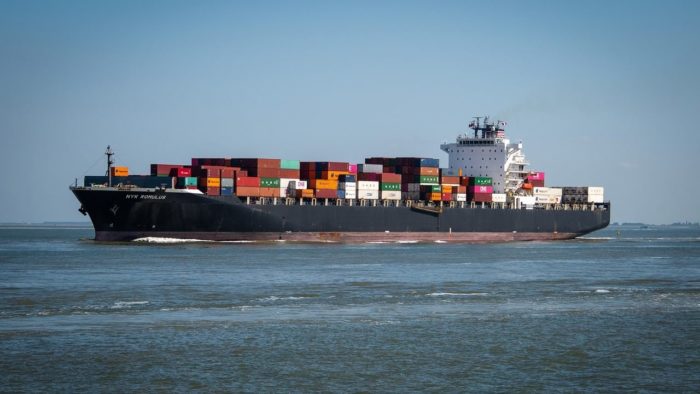(The Center Square) A federal court ruled Wednesday that President Donald Trump doesn’t have unilateral authority to impose tariffs under an emergency law, blocking tariffs that upended markets and worried businesses and consumers.
The three-judge panel on the U.S. Court of International Trade unanimously ruled Congress did not give tariff authority to the president under the International Emergency Economic Powers Act of 1977.
“The court does not read IEEPA to confer such unbounded authority and sets aside the challenged tariffs imposed thereunder,” the court wrote.
The Liberty Justice Center, based in Texas, challenged the administration’s reciprocal tariffs, which Trump announced on April 2 and suspended on April 9, hours after they went into effect.
The Liberty Justice Center argued that the administration had no authority to issue across-the-board worldwide tariffs without congressional approval. The nonprofit’s lawsuit alleges Trump has broadly overstepped his authority by claiming “the authority to unilaterally levy tariffs on goods imported from any and every country in the world, at any rate, calculated via any methodology – or mere caprice – immediately, with no notice, or public comment, or phase-in, or delay in implementation, despite massive economic impacts that are likely to do severe damage to the global economy.”
The Court of International Trade issued one opinion for both V.O.S. Selections, Inc. v. Trump and State of Oregon v. U.S. Department of Homeland Security that applies to all of the Trump administration’s tariffs imposed under the IEEPA, including the “Liberation Day” tariffs and the tariffs imposed on goods from China, Mexico, and Canada.
“We’re delighted by the decision of the Court of International Trade enjoining the President’s so-called ‘Liberation Day’ tariffs,” said Jeffrey Schwab, senior counsel and director of litigation at the Liberty Justice Center. “This ruling reaffirms that the President must act within the bounds of the law, and it protects American businesses and consumers from the destabilizing effects of volatile, unilaterally imposed tariffs.”
The ruling is a setback for Trump’s foreign policy agenda and domestic economic policy.
“Worldwide and Retaliatory Tariffs do not comply with the limitations Congress imposed upon the President’s power to respond to balance-of-payments deficits,” the Court of International Trade judges wrote. “The President’s assertion of tariff-making authority in the instant case, unbounded as it is by any limitation in duration or scope, exceeds any tariff authority delegated to the President under IEEPA.”
The Trump administration has filed a notice of appeal in response to the ruling.
“Foreign countries’ nonreciprocal treatment of the Unites States has fueled America’s historic and persistent trade deficits,” a White House spokesman said in a statement. “These deficits have created a national emergency that has decimated American communities, left our workers behind, and weakened our defense industrial base – facts that the court did not dispute.”
Economists, businesses and some publicly traded companies have warned that tariffs could raise prices on a wide range of consumer products.
Trump has said he wants to use tariffs to restore manufacturing jobs lost to lower-wage countries in decades past, shift the tax burden away from U.S. families, and pay down the national debt.
“It is not for unelected judges to decide how to properly address a national emergency,” White House spokesman Kush Desai said. “President Trump pledged to put America First, and the Administration is committed to using every lever of executive power to address this crisis and restore American Greatness.”
A tariff is a tax on imported goods. The importer pays the tax to the federal government and can either absorb the loss or pass the cost on to consumers through higher prices.

